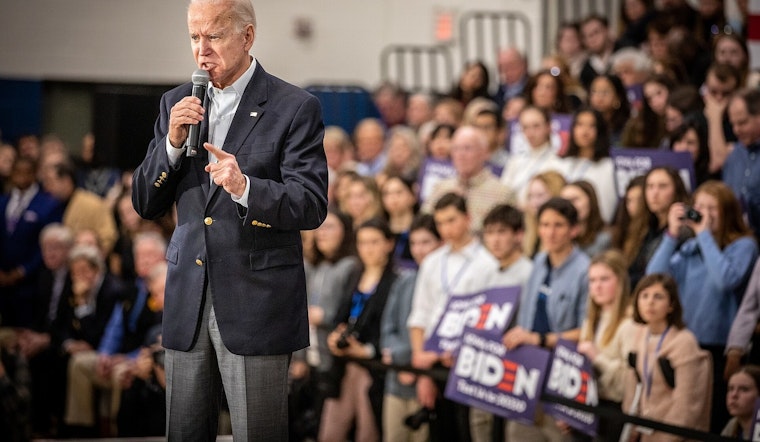
In a significant push to reclaim the American footprint in the semiconductor industry, the Biden administration has unveiled a hefty financial package for Intel Corp. The deal, which includes $8.5 billion in direct funding plus $11 billion in loans, is expected to ramp up chip production across several key states and put the U.S. firmly on the map in the realm of advanced chip manufacturing.
Doubling down on his economic policy trajectory, President Joe Biden is set to amplify this substantial investment during his visit to Intel's Ocotillo campus in Chandler, Arizona. As reported by OPB, the administration aims to directly bolster the United States' global semiconductor production share from a stark zero to a formidable 20%. The timing is particularly pivotal, as Arizona is seen as a potentially critical swing state in the upcoming November elections.
"President Joe Biden plans to talk up the investment on Wednesday as he visits Intel's Ocotillo campus in Chandler, Arizona, which could be a decisive swing state in November's election," the Albuquerque Journal accounted. The President has repeatedly expressed his belief that his economic policies are not adequately recognized by the electorate, contending that awareness would translate to increased support.
Commerce Secretary Gina Raimondo has been quoted outlining the details of the deal. "The United States designs advanced chips, but its inability to make them domestically has emerged as a national security and economic risk," she said, as reported by ABC News. The funding is poised to set the groundwork for Intel to expand its facilities in Arizona, Ohio, Oregon, and New Mexico. This move is strategically designed not just to catch up but to significantly advance American prowess in the semiconductor industry by 2030.
The focus on semiconductor manufacturing is part of a broader strategy to mitigate economic vulnerabilities and address national security concerns. With leading-edge technology increasingly at the helm of global competitiveness, the U.S. appears to be aggressively stepping up to ensure it does not lag behind its international counterparts in this critical industry.









